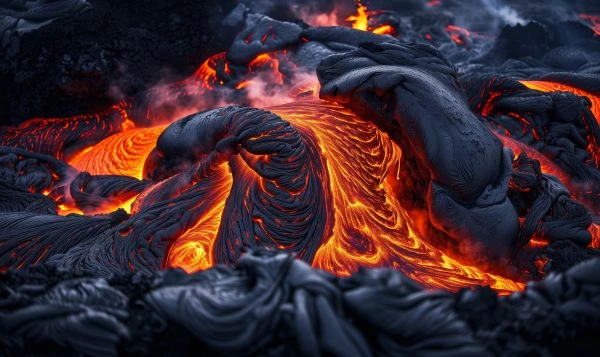The Untold Diplomacy: A Riveting Journey Through Western Diplomatic Chronicles
When we peel back the layers of Western diplomatic stories, what emerges is not just a dry recitation of treaties and negotiations, but a vibrant tapestry of human ambition, strategic brilliance, and sometimes, spectacular miscalculations. These narratives, often overshadowed by the grand sweep of military history, reveal how the art of statecraft has shaped civilizations.
The Chessboard of Nations: Decoding Western diplomatic stories
Diplomacy in the Western tradition operates like an intricate chess game where pawns sometimes become queens. Take Cardinal Richelieu’s 17th-century maneuvers – his establishment of permanent embassies wasn’t merely administrative innovation; it revolutionized how power projected itself across Europe. The Congress of Vienna (1815) demonstrates this brilliantly, where Talleyrand, representing defeated France, outmaneuvered the victors through sheer diplomatic finesse.

Personal Reflections: When Diplomats Became Storytellers
Reading these accounts, I’m struck by how many pivotal moments hinged on individual personalities rather than abstract policies. Kissinger’s shuttle diplomacy during the Yom Kippur War wasn’t just protocol – it was theater, with the diplomat as both playwright and protagonist. The transcripts of these exchanges read like dramatic dialogue, complete with pregnant pauses and veiled threats.

Cultural Chameleons: The Unseen Weapon in Western diplomatic stories
What most history books miss is the cultural dimension. Western diplomats often succeeded precisely because they mastered local customs – sometimes literally. Lord Macartney’s 1793 mission to China failed spectacularly when he refused to kowtow, while later British envoys who adapted to Qing protocols achieved their objectives. This cultural fluency (or lack thereof) repeatedly determined outcomes more than military might.

The most compelling Western diplomatic stories remind us that statecraft is ultimately about human connections. From Bismarck’s calculated leaks to Churchill’s wartime correspondence with Roosevelt, these narratives showcase how relationships, carefully cultivated across languages and borders, have redirected history’s course. In our era of digital communication, these lessons about personal diplomacy feel both antiquated and urgently relevant.










